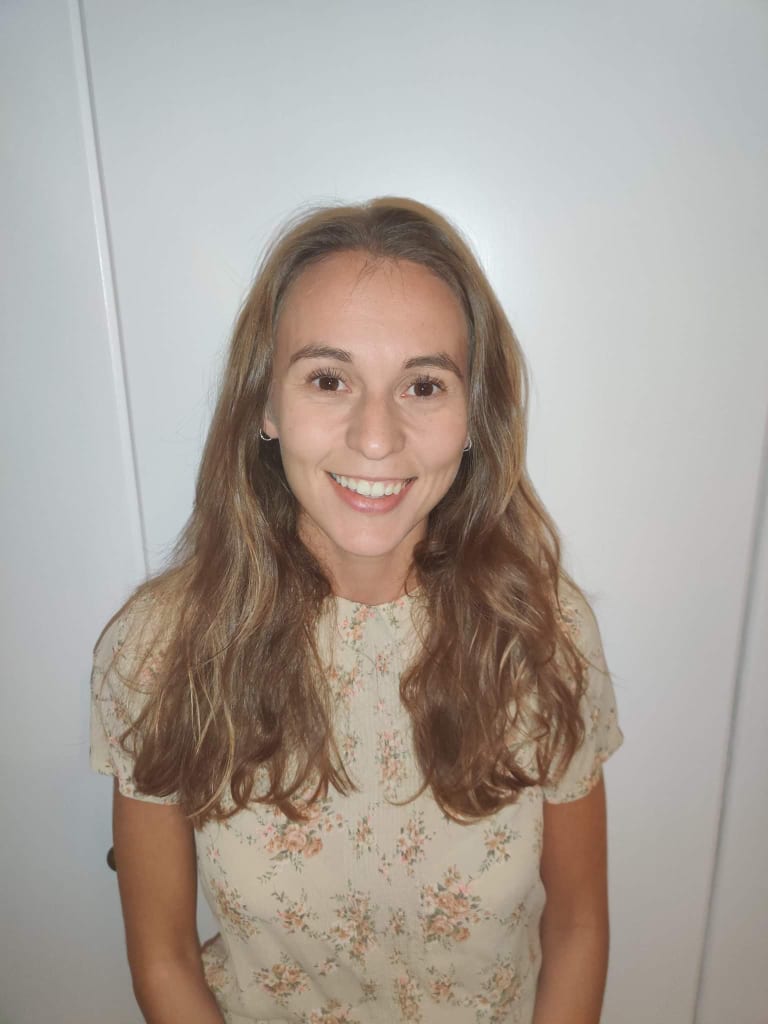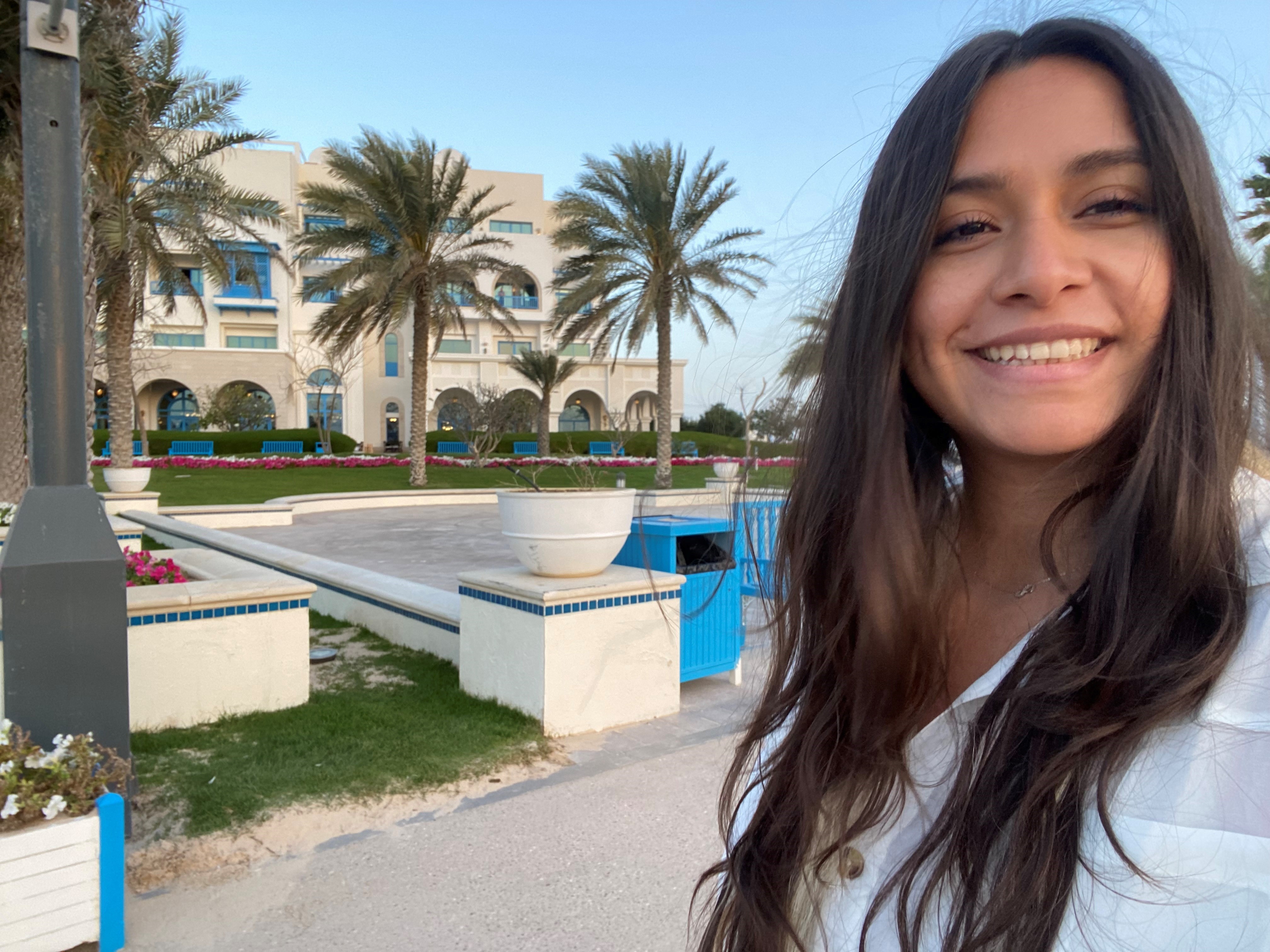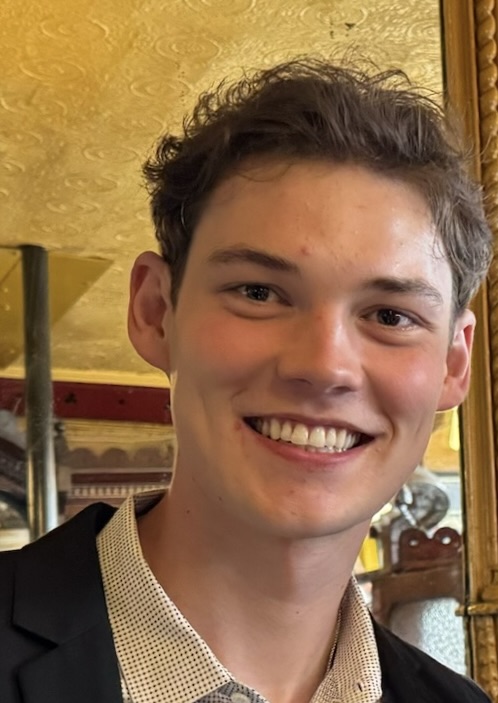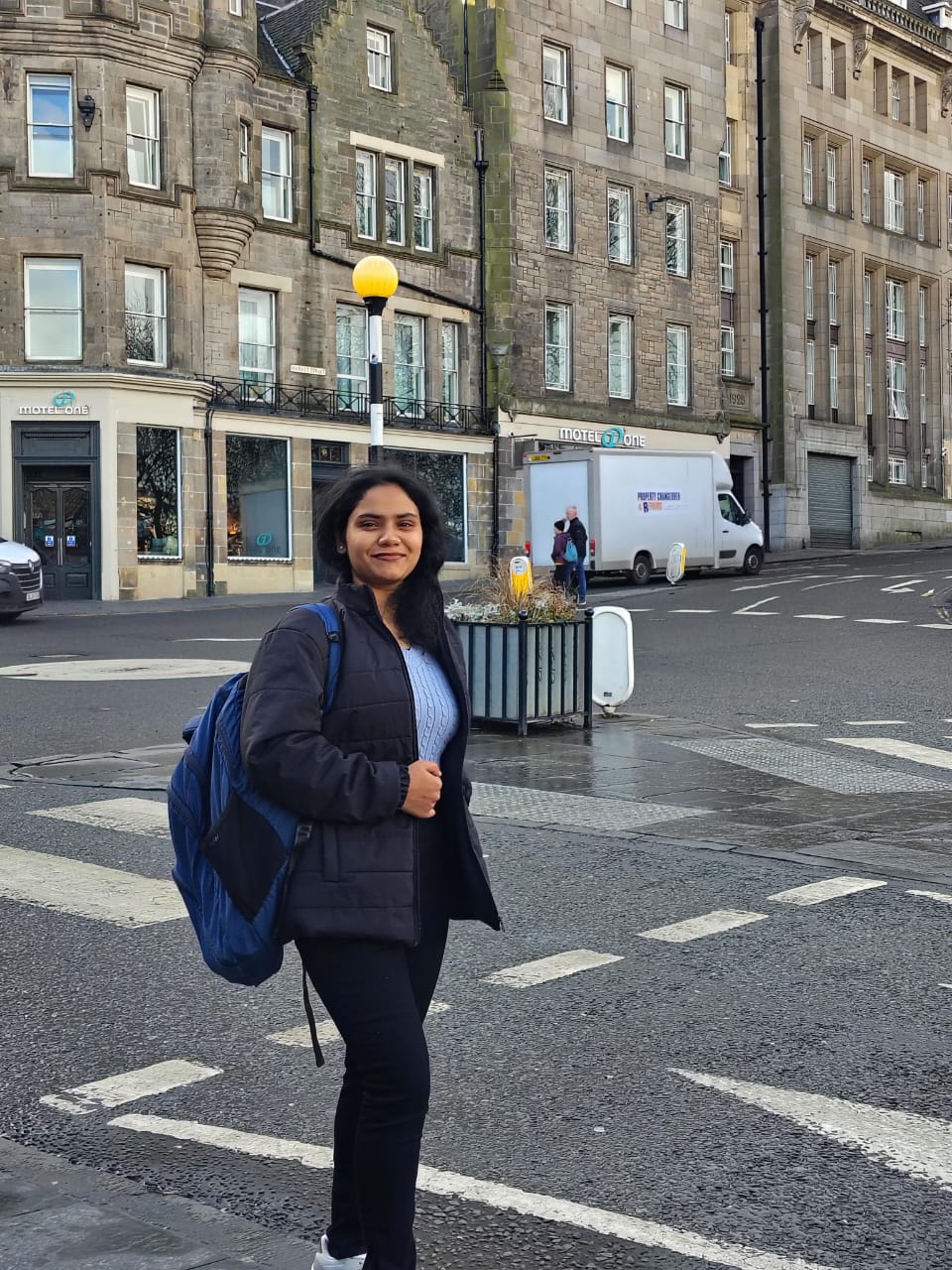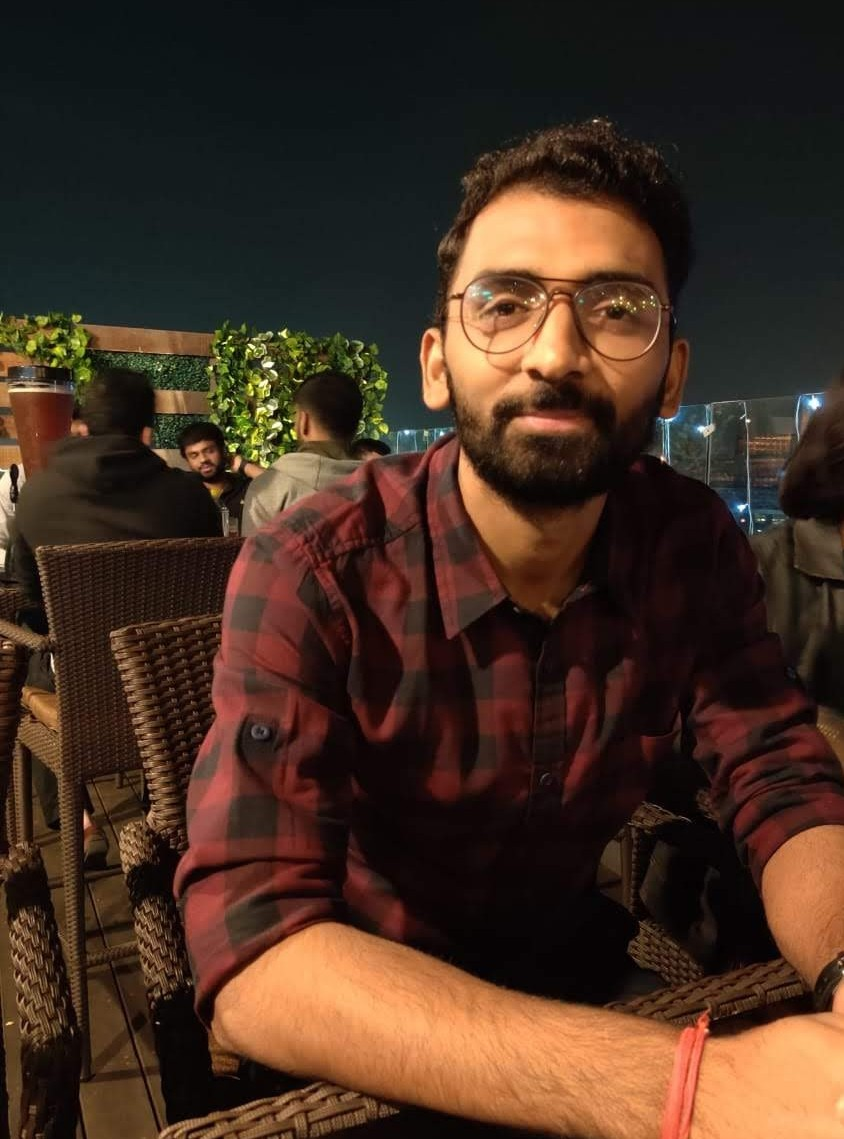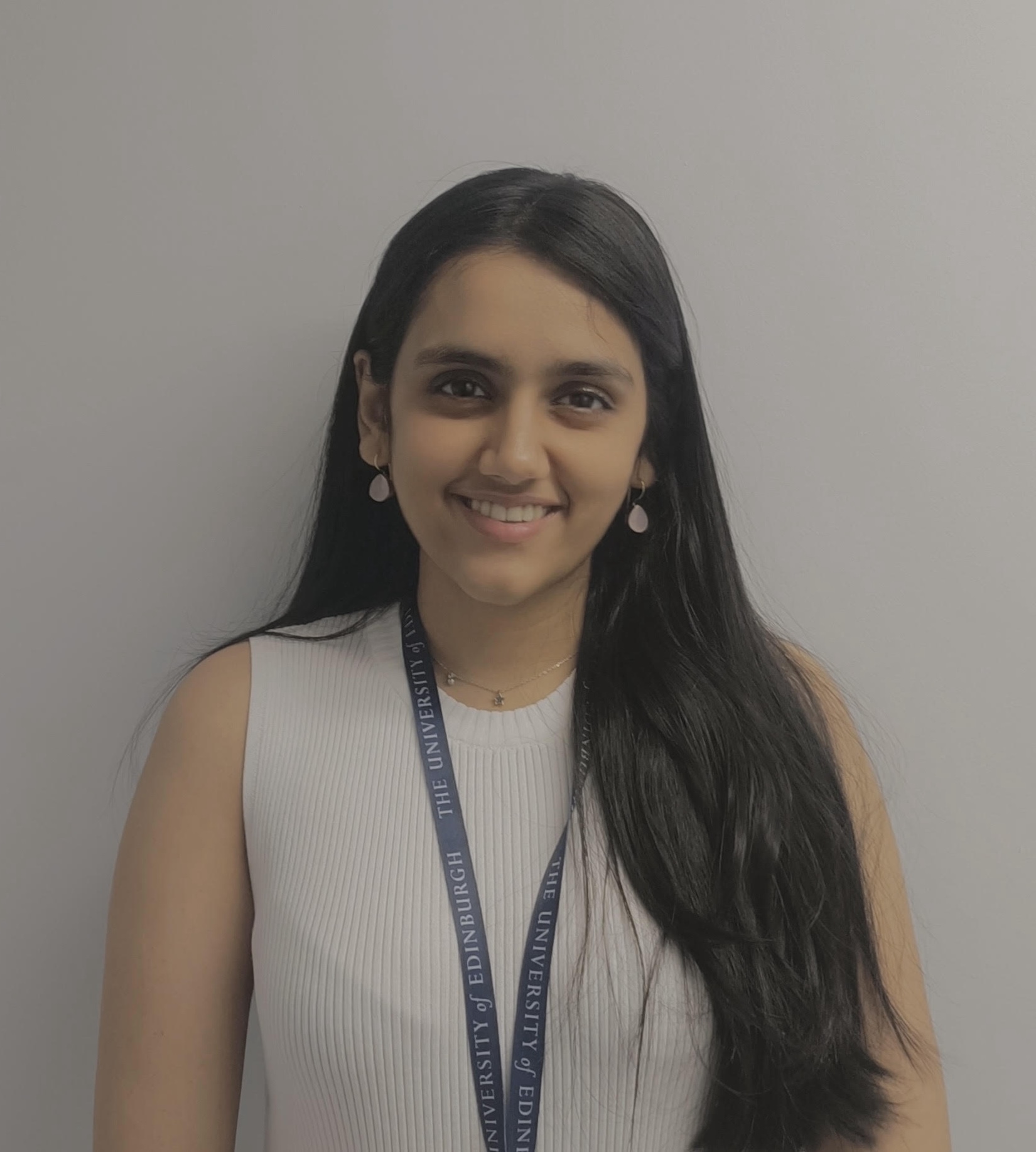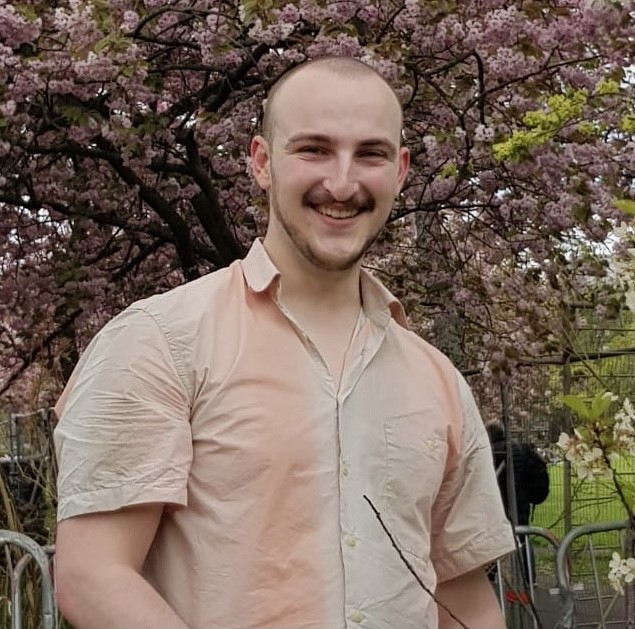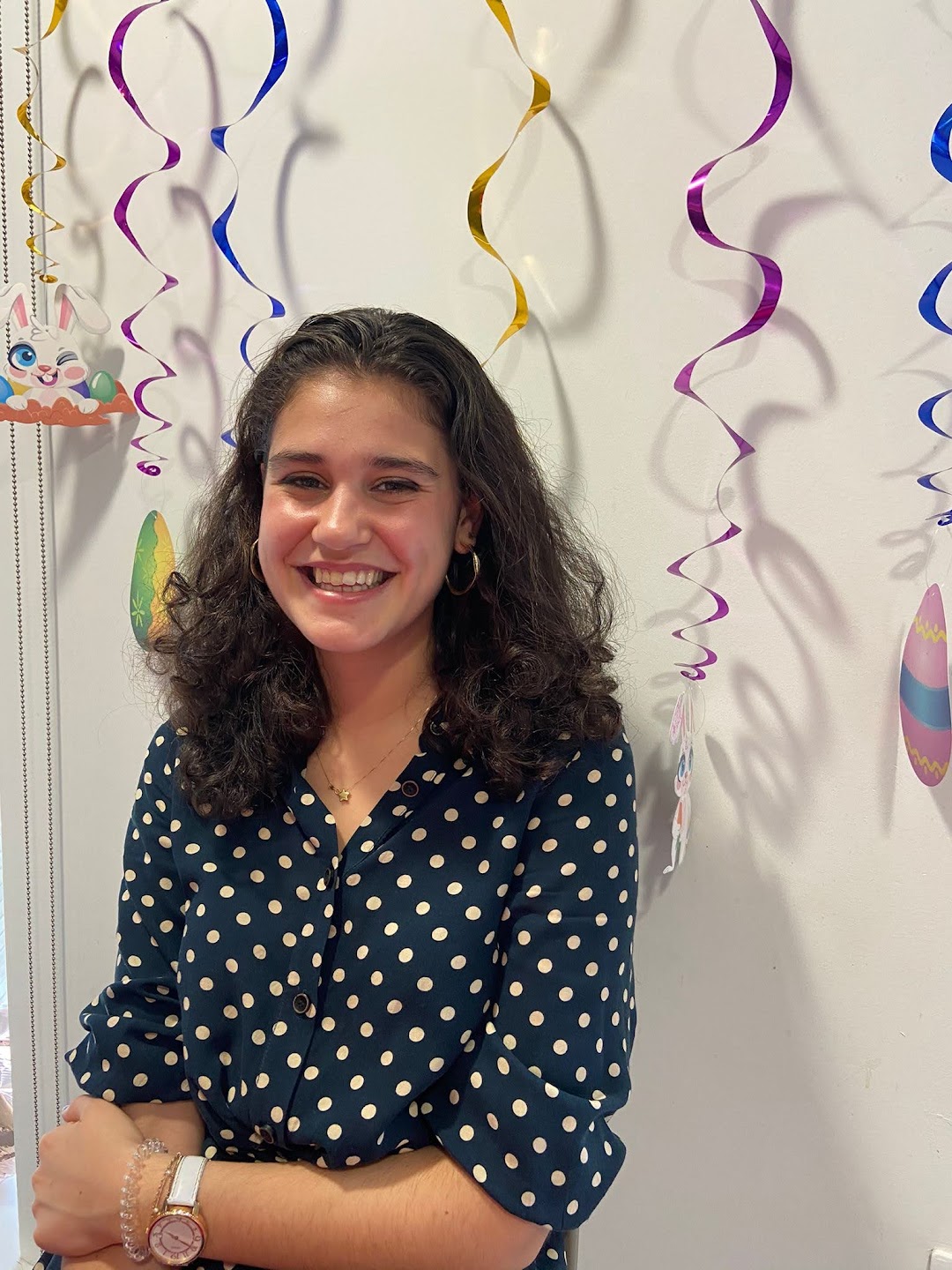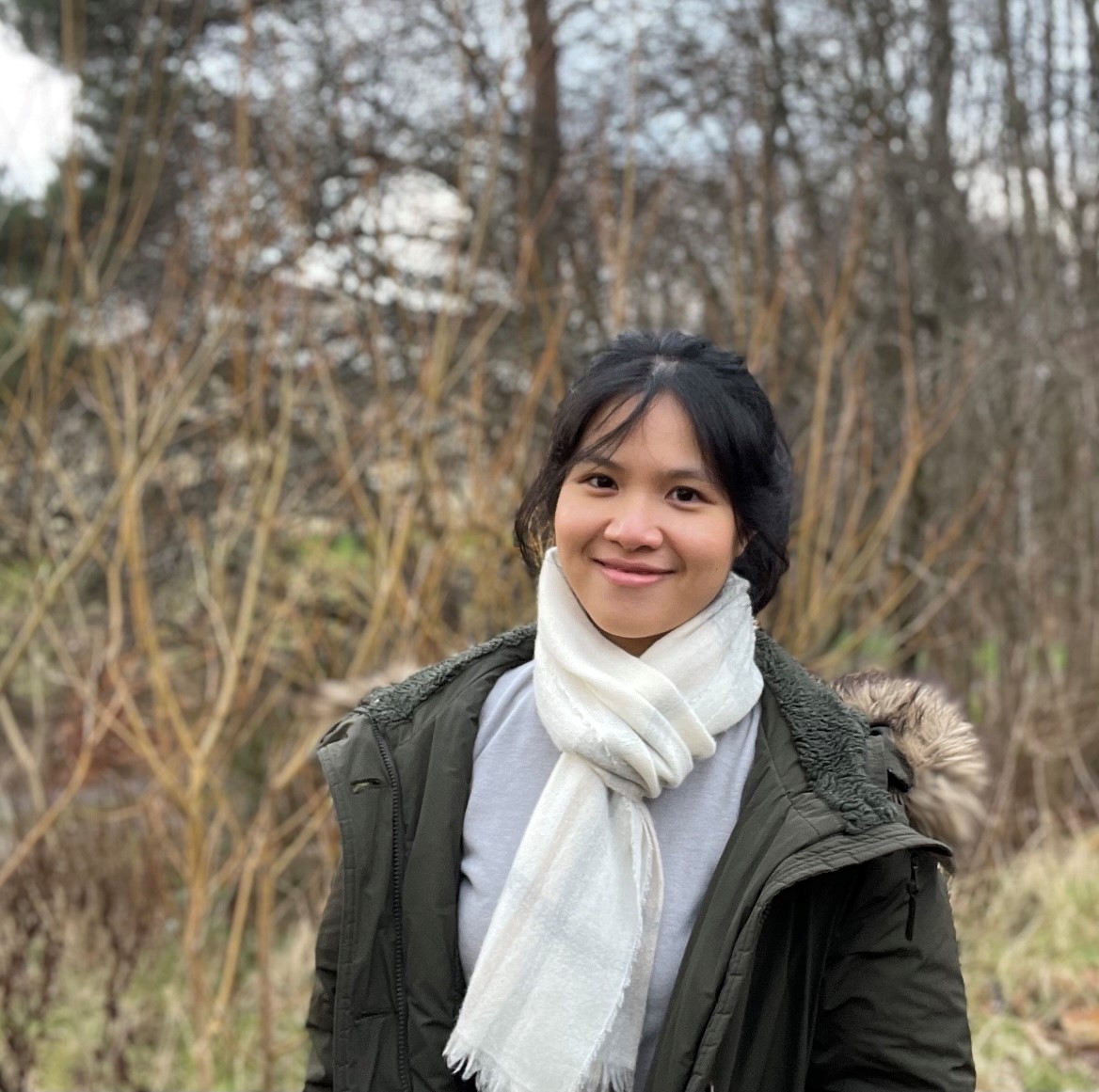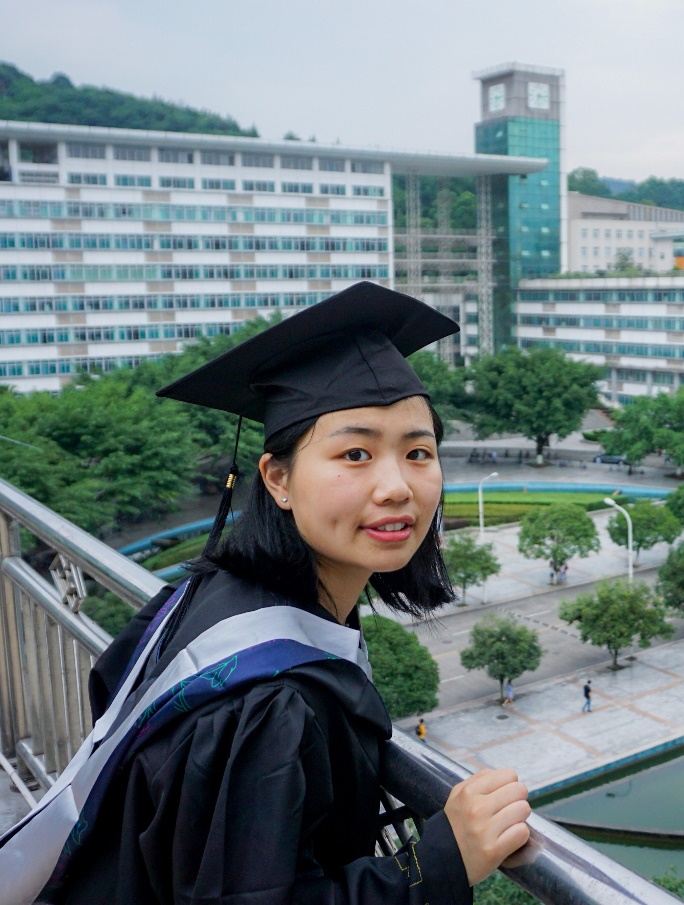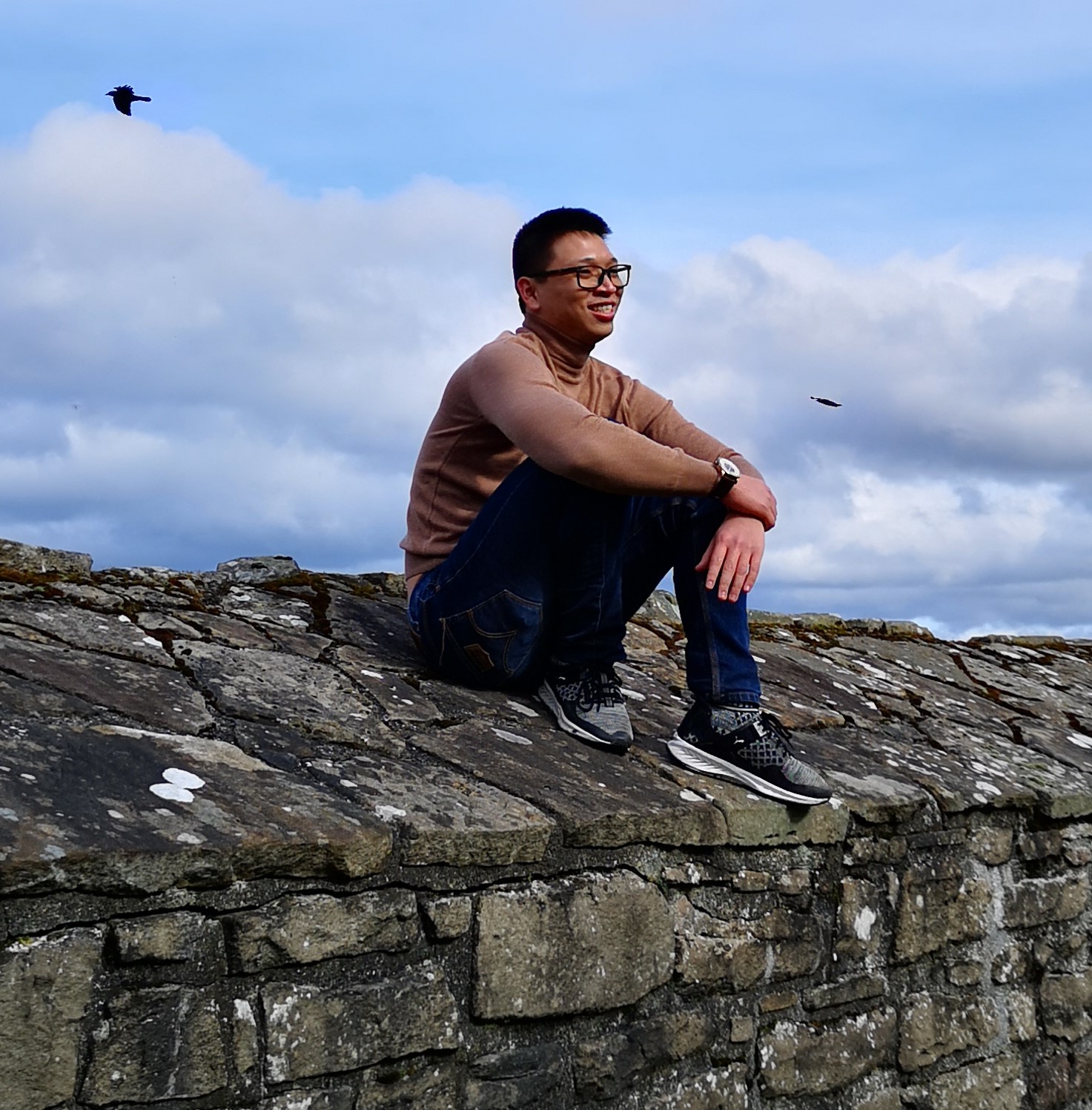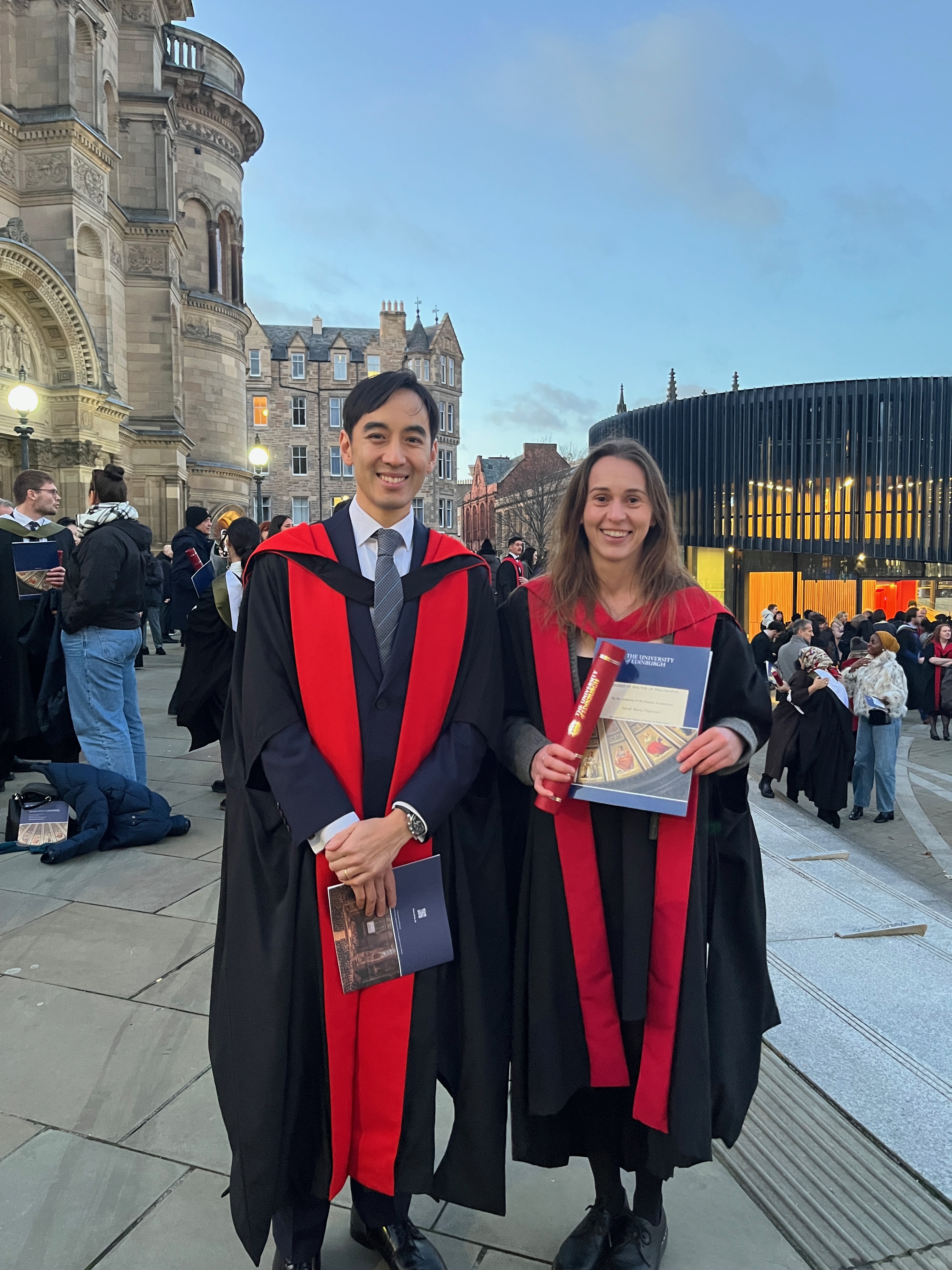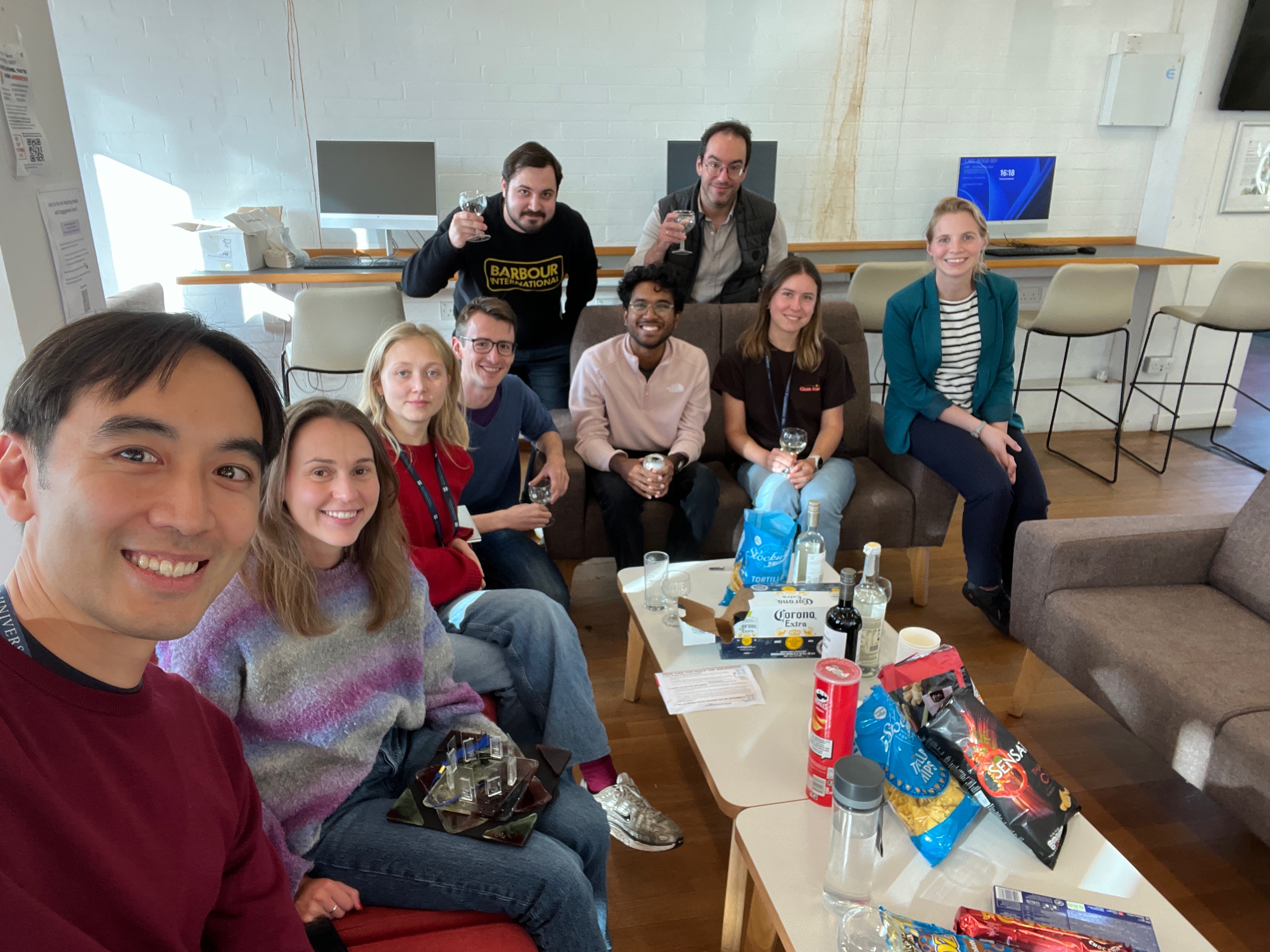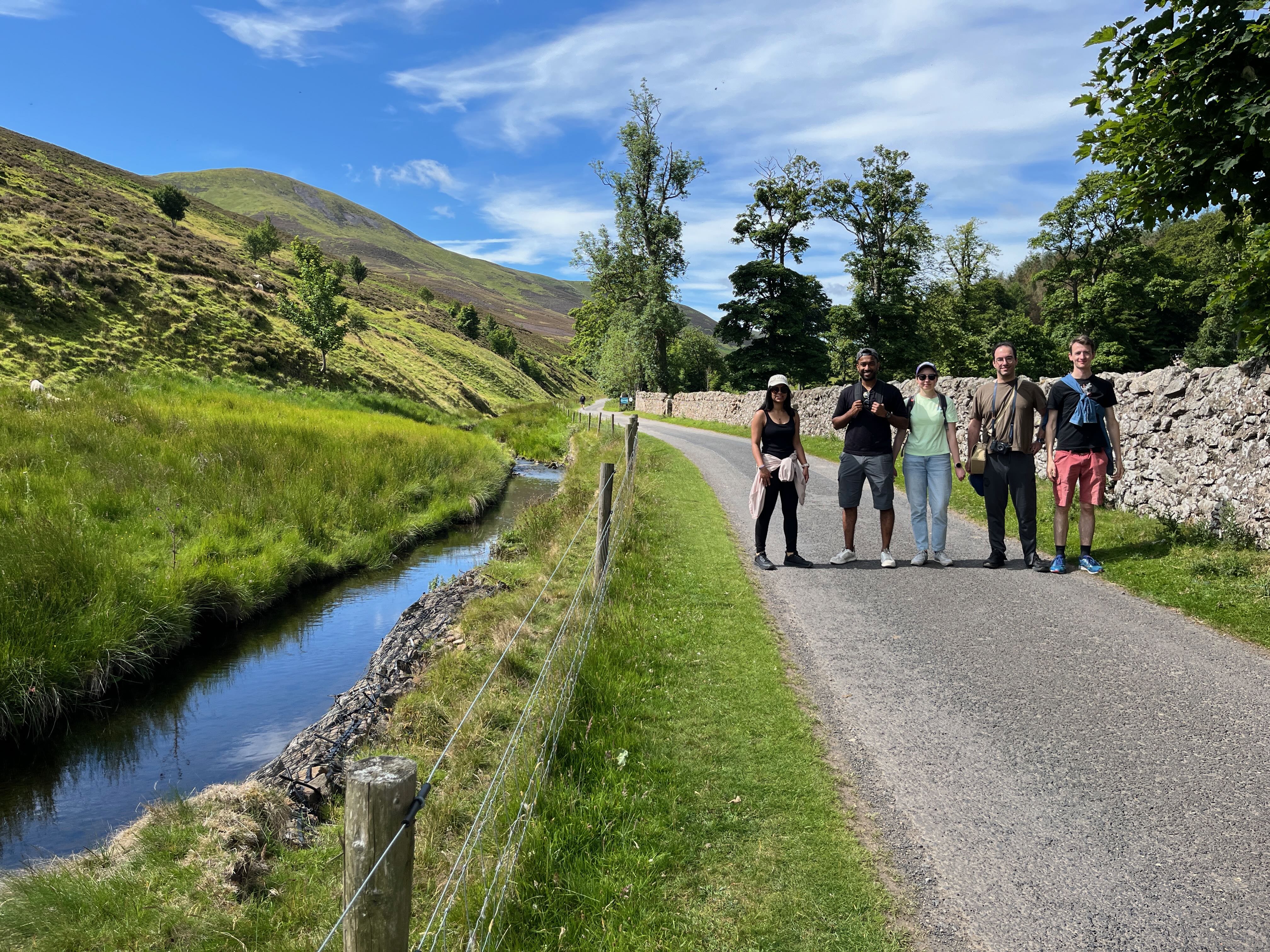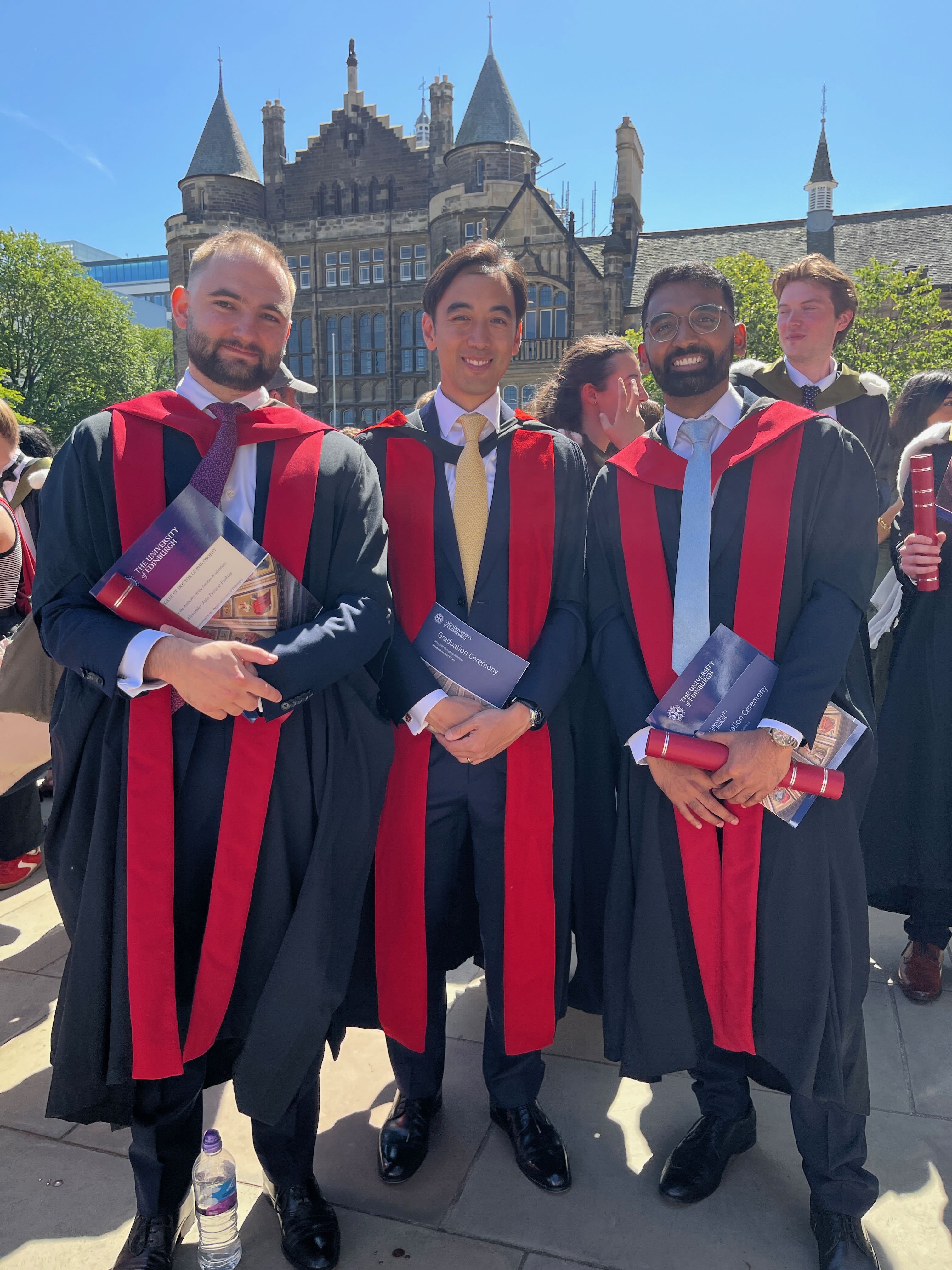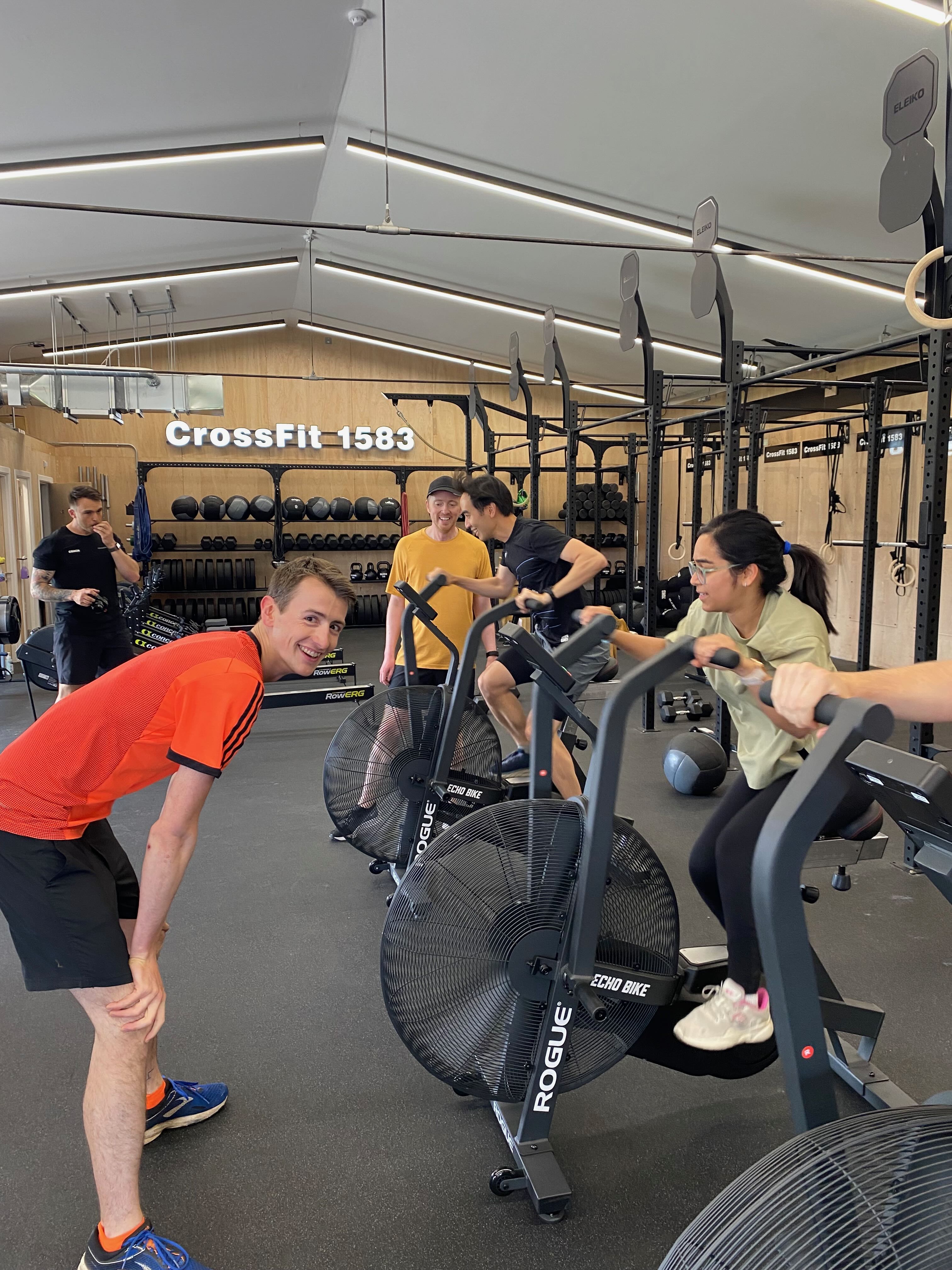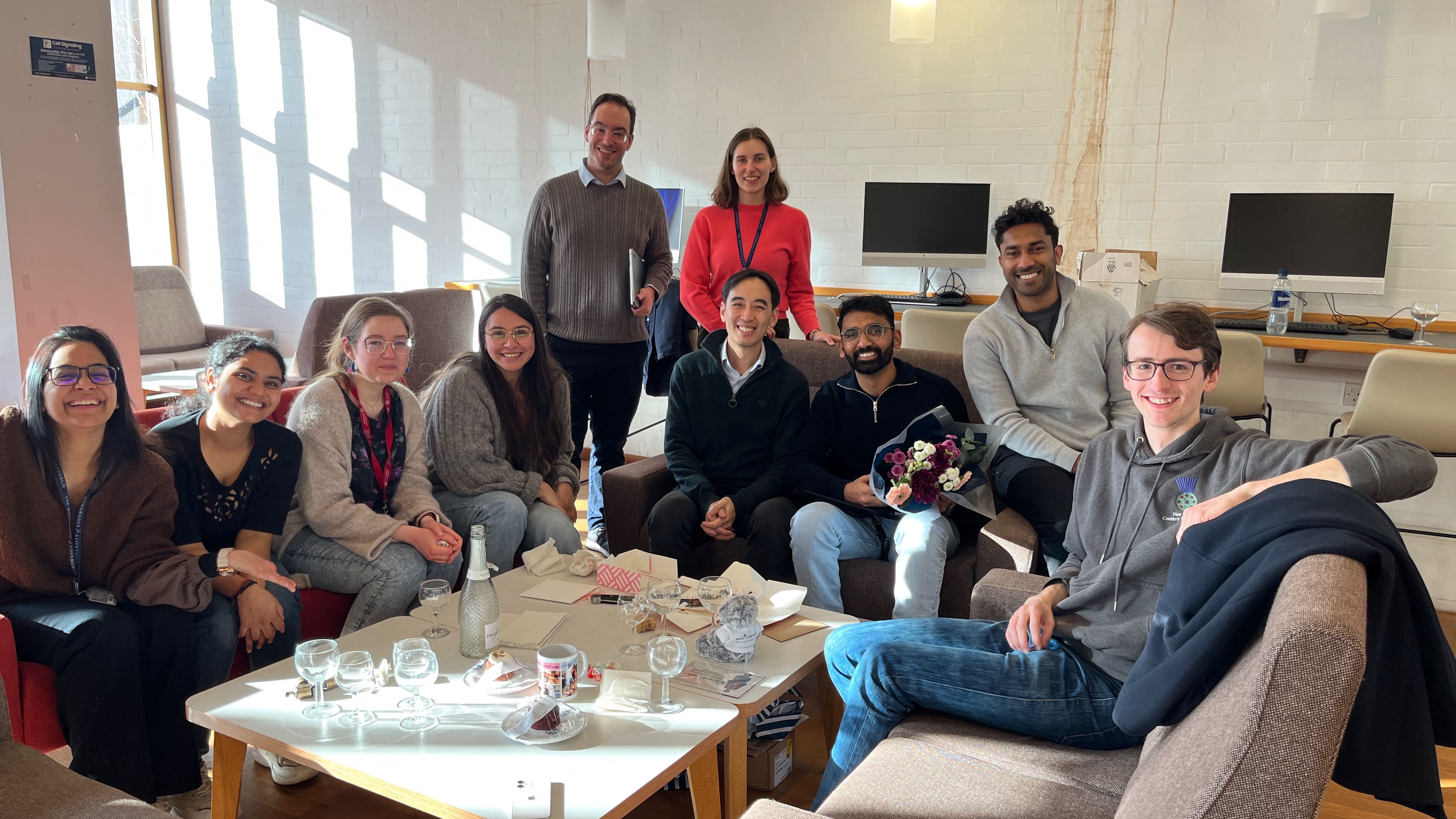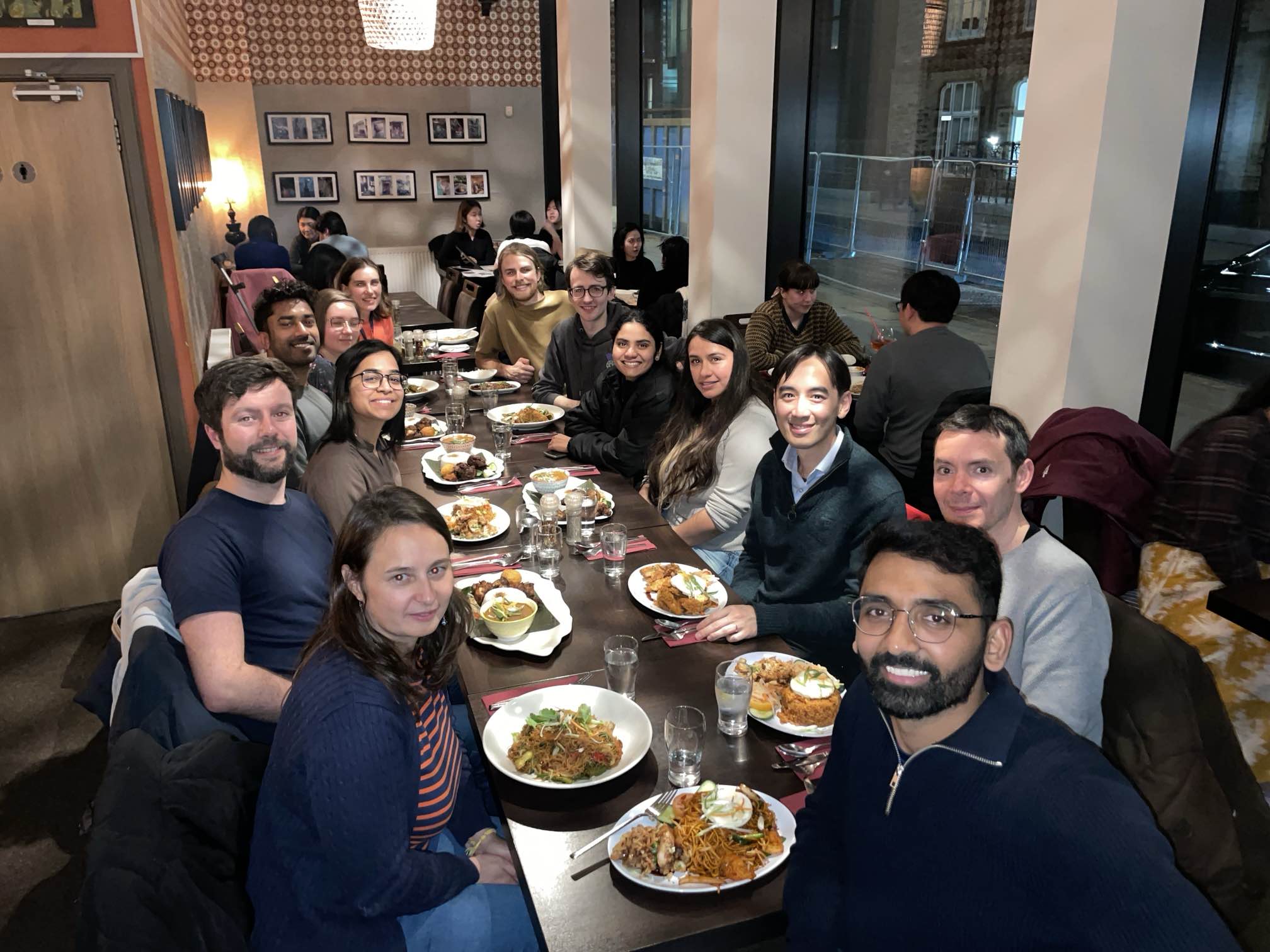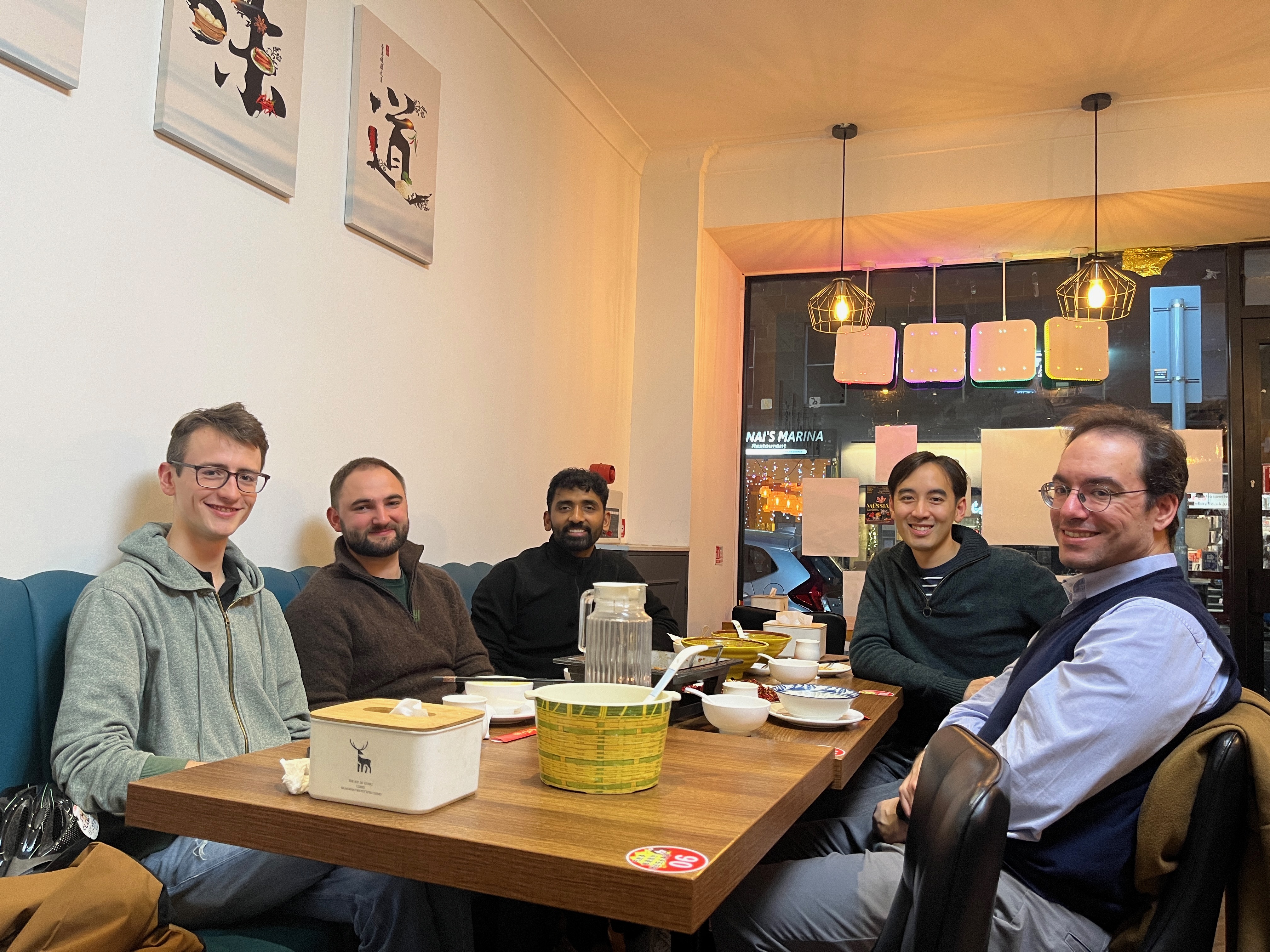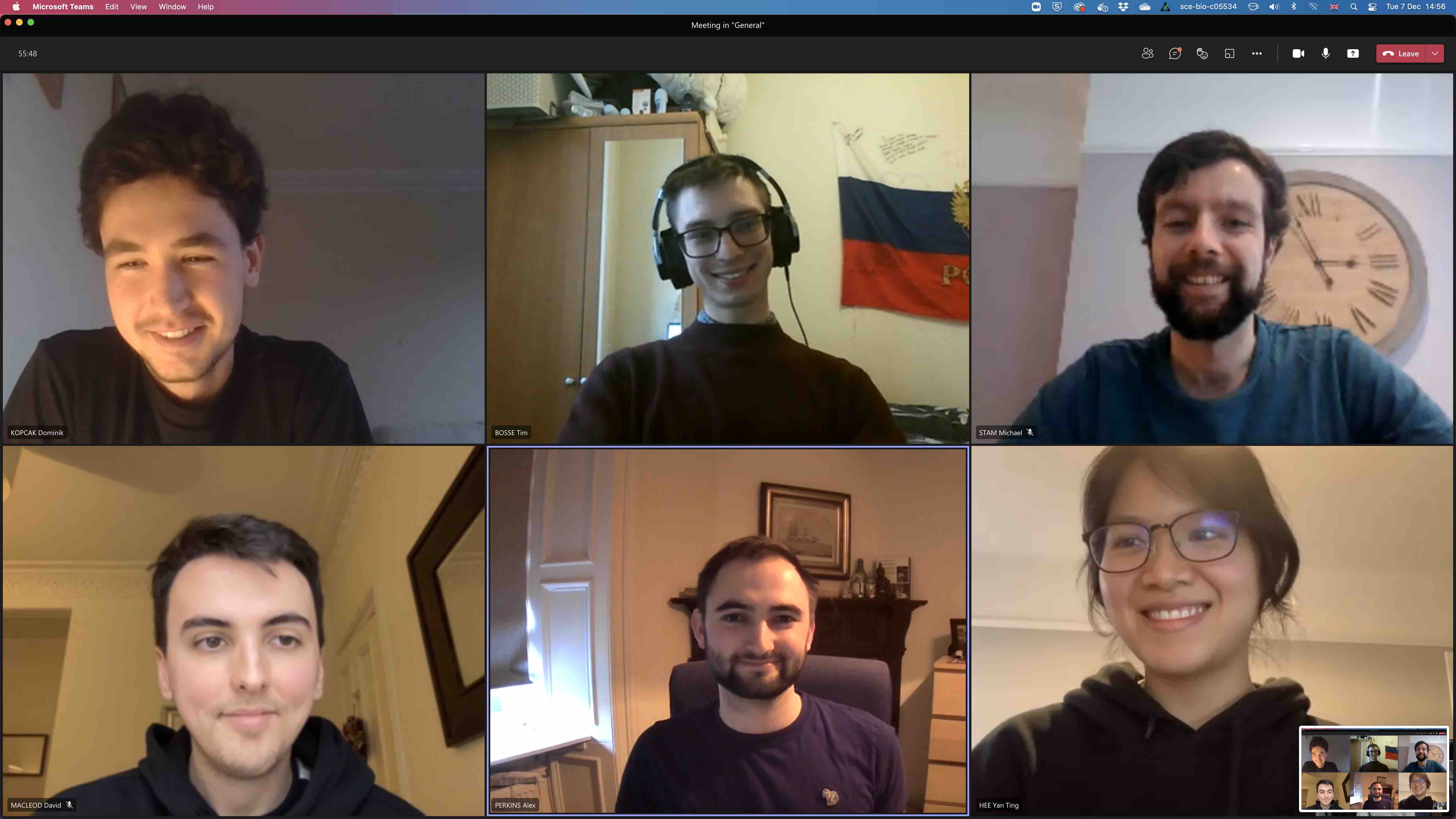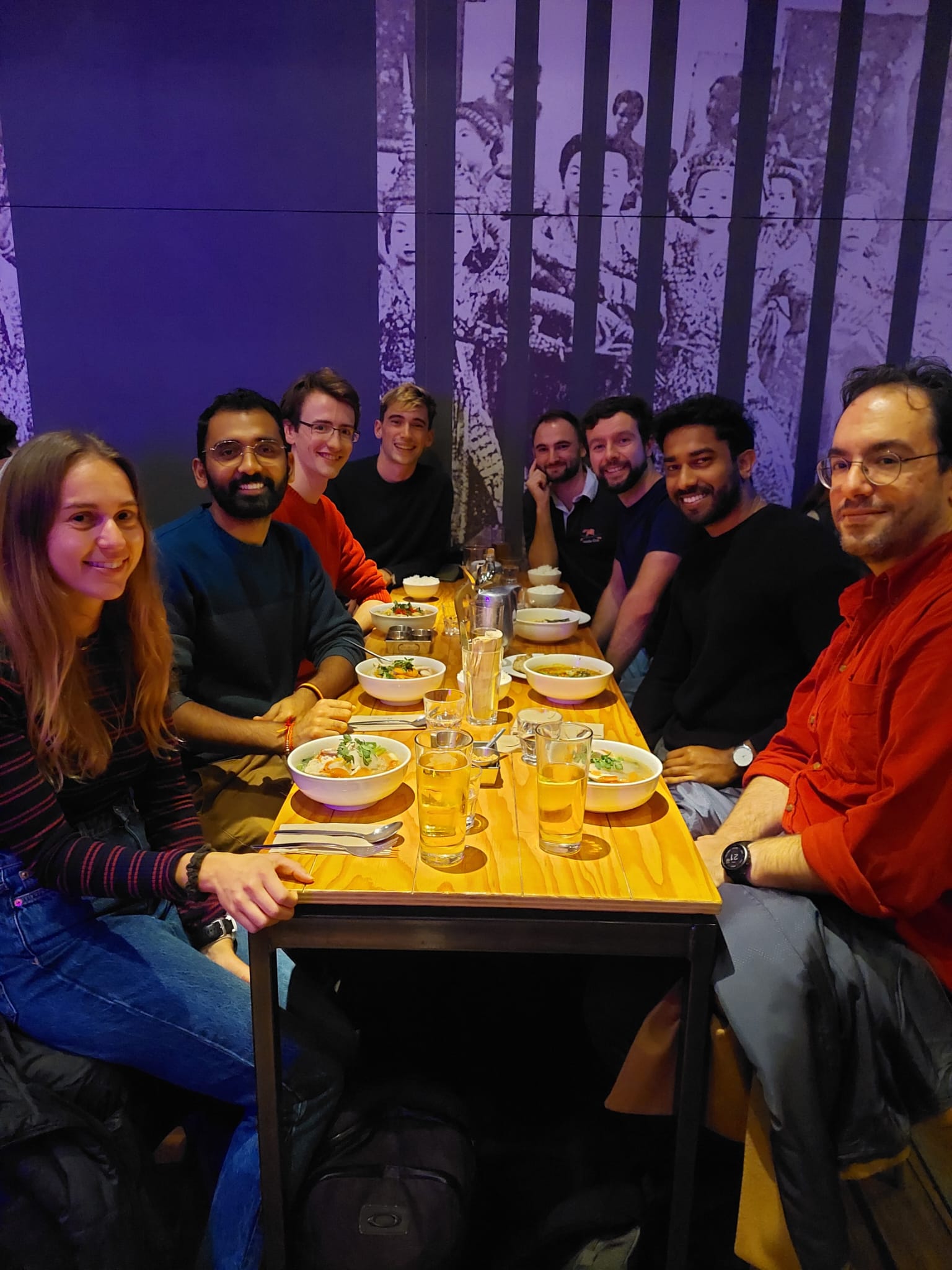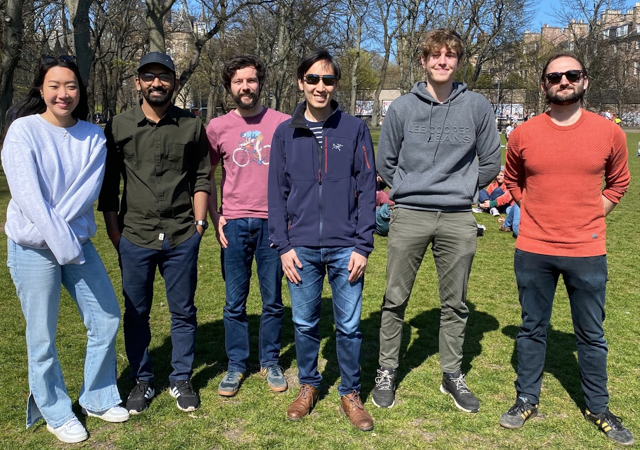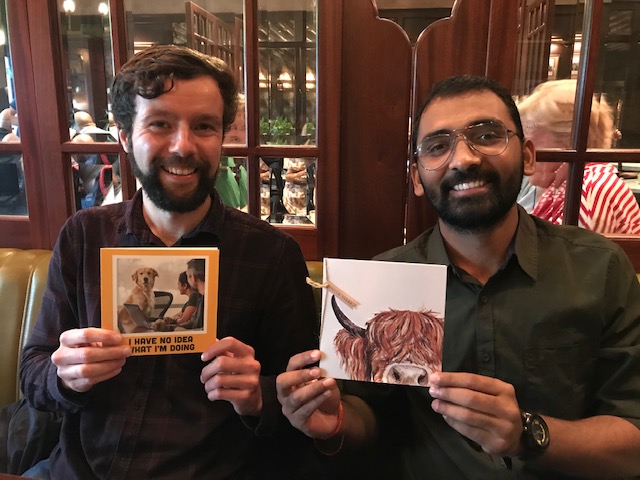People
Dr Nadanai Laohakunakorn, originally from Bangkok, obtained his BA/MSci in Natural Sciences (Physics) from Trinity College, Cambridge in 2010. He remained in Cambridge to carry out his PhD under the supervision of Prof Ulrich Keyser, where he studied nanopores and single-molecule biophysics. In particular, his work focused on electrically-driven fluid flows generated within the confined geometries of nanopores, and he developed techniques to measure and characterise these effects using optical tweezers. After defending his thesis in 2015, he moved to Lausanne where he worked with Prof Sebastian Maerkl at EPFL, on the new and growing field of cell-free synthetic biology. His work there focused on combining microfluidic devices with cell-free gene expression systems for high-throughput and rapid prototyping of genetic parts and circuits. In 2019 he received a Chancellor's Fellowship in Biotechnology at the University of Edinburgh, enabling him to establish a lab for quantitative engineering of cell-free systems. In 2021 he received a UKRI Future Leaders Fellowship.
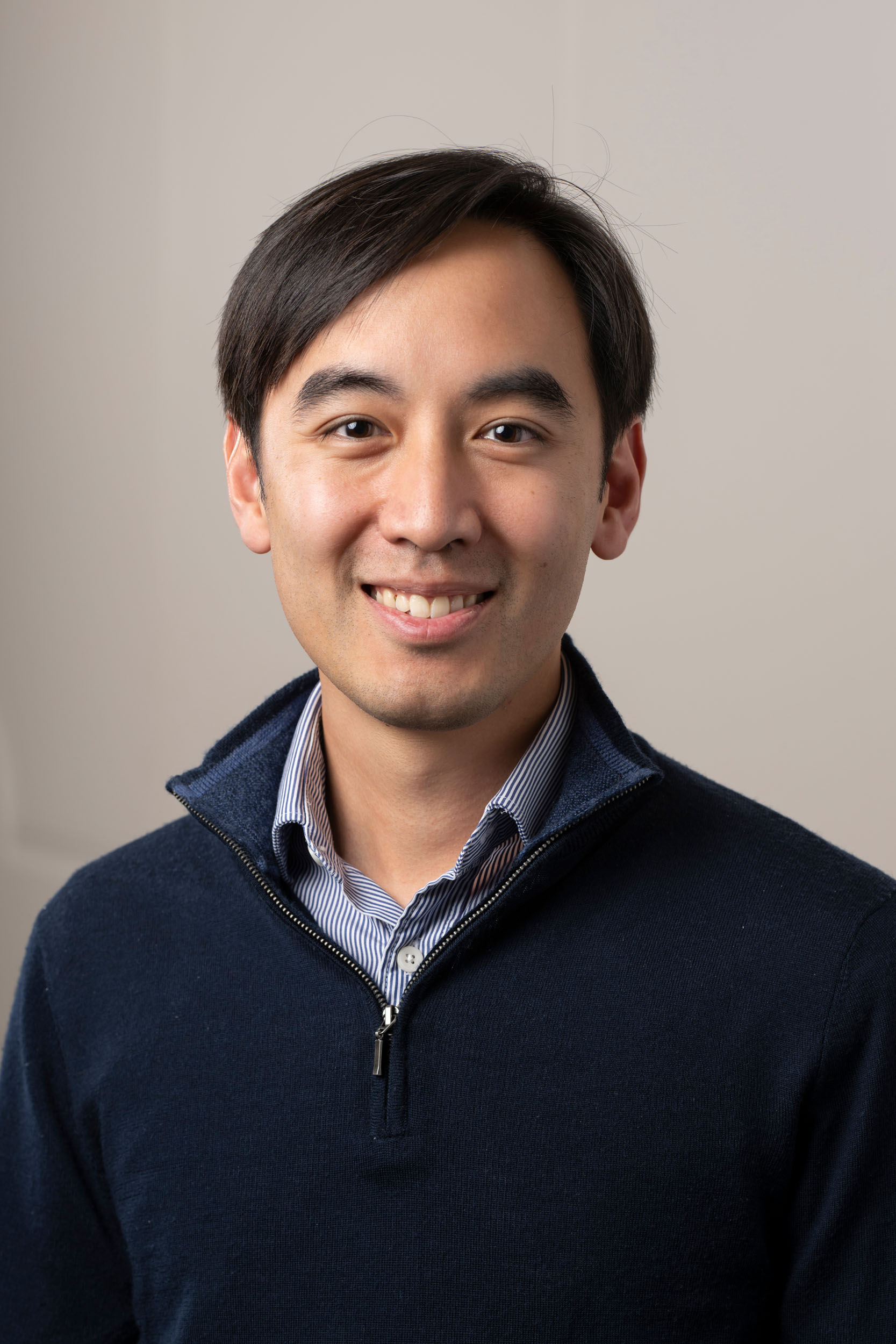
Current members
Dr Antonios Bougas is working on a collaborative project between the Laohakunakorn group and the Burgess group at the EdinOmics facility. He is investigating the role of metabolites derived from energy regeneration pathways and their impact on protein synthesis which is used to power cell-free systems. Originally from Corinthia, he graduated from the Department of Biology, University of Patras, Greece. Subsequently, he secured a PhD fellowship through the competitive call from the Greek State Scholarships Foundation and carried on his postgraduate studies at the Department of Biochemistry, School of Medicine, Patras. During that time, he focused on the study of both eukaryotic and bacterial ribosomes, in the process of evaluating novel protein synthesis inhibitors. Specifically, he investigated the kinetics and context-specificity of antibiotics targeting the bacterial ribosome, as well as their effect on the emerging translatome using high-throughput techniques. During his leisure time he enjoys playing basketball with friends and practising amateur photography as an excuse to travel to new places.
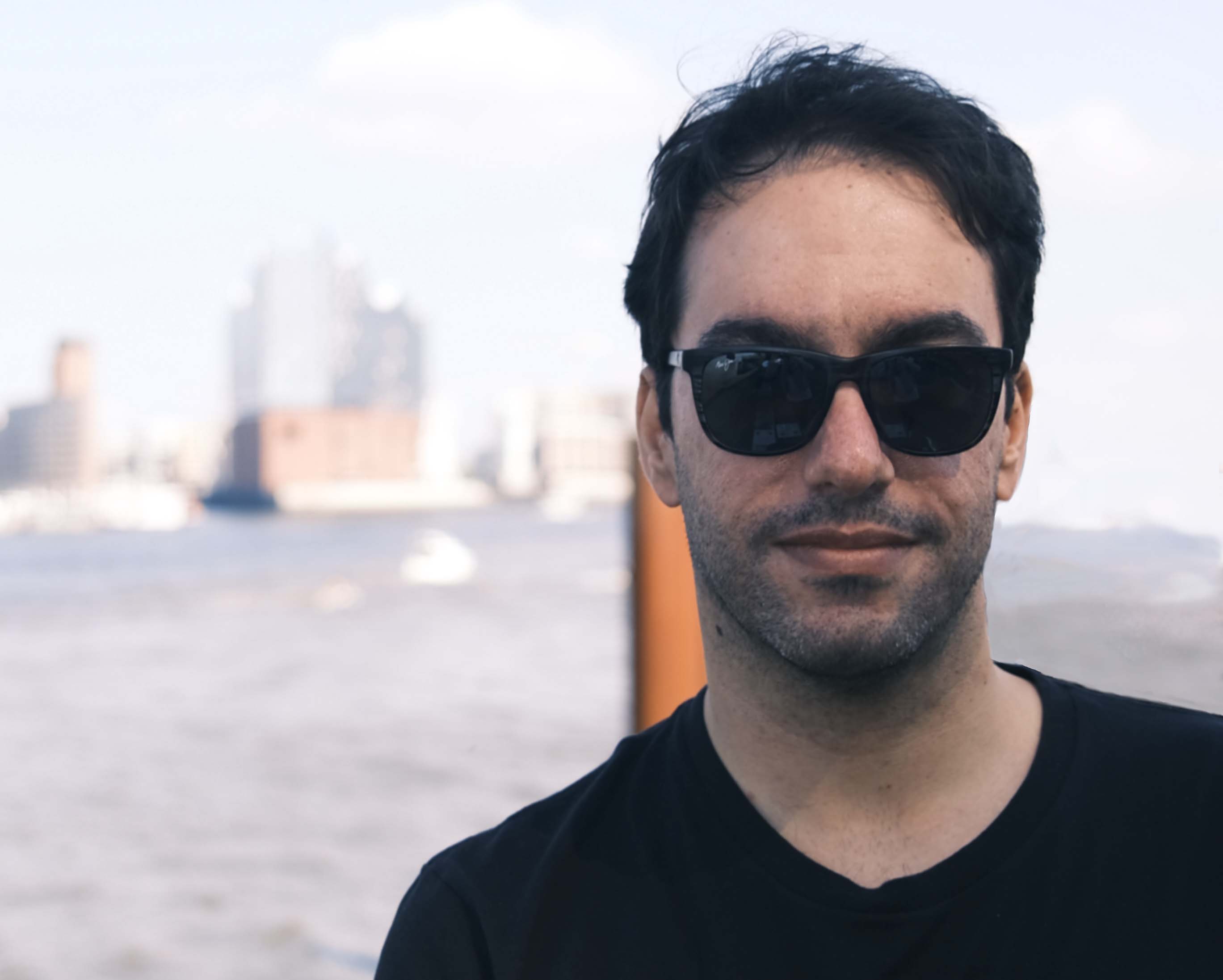
Christoph Wagner is an EASTBIO-funded PhD student, researching the ability of cells to self-regenerate their components. He is carrying out his work jointly between the Laohakunakorn group, where he conducts cell-free microfluidics experiments on maximally controlled transcription-translation systems, and the Weiße group in IQB3, where his results inform models to predict the self-regenerating behaviour. He wants to understand, what parameters govern this aspect of life and how we can optimise them in the context of synthetic cells. After betraying the love for his hometown Cologne, he both finished his Bachelor's in Quantitative Biology and subsequently studied his Master's in Synthetic Biology in Düsseldorf, Germany. There, he explored the possibility of quantitatively engineering a plant's phenotype by means of genetic modification, which sparked his enthusiasm for interfacing nature and technology. In his free time, you may find him writing short stories on his blog about all things science, practicing amateur woodworking or running, usually in circles.

Aarushi Ruhela is a PhD student funded by the University of Edinburgh, working on the interface of electronics and synthetic biology. She is co-supervised by Dr Jamie Marland in the School of Engineering, where she will be working on developing a multiplexed electronic readout system for biochemical reactions inside microfluidic devices. In the Laohakunakorn group, she is currently working to prepare optimised E.coli lysates to express horseradish peroxidase, which will be used as a reporter for her electronic system. Aarushi moved to UK from India in 2021 because of her keen interests to learn and explore cancer research. She did her MRes from the Imperial College London in cancer technology where she developed a microfluidics device to study the interaction between cancer organoids and immune cells. Later, she joined the Institute of Cancer Research to explore more about the cancer biology and study the heterogeneity in PDAC. She is a biochemical engineer from her undergraduate degree; therefore, she has a good experience with always working on the bridge between biology and engineering. In her free time, she loves to read about philosophy and write small quotes. In addition, she also enjoys painting and photography.
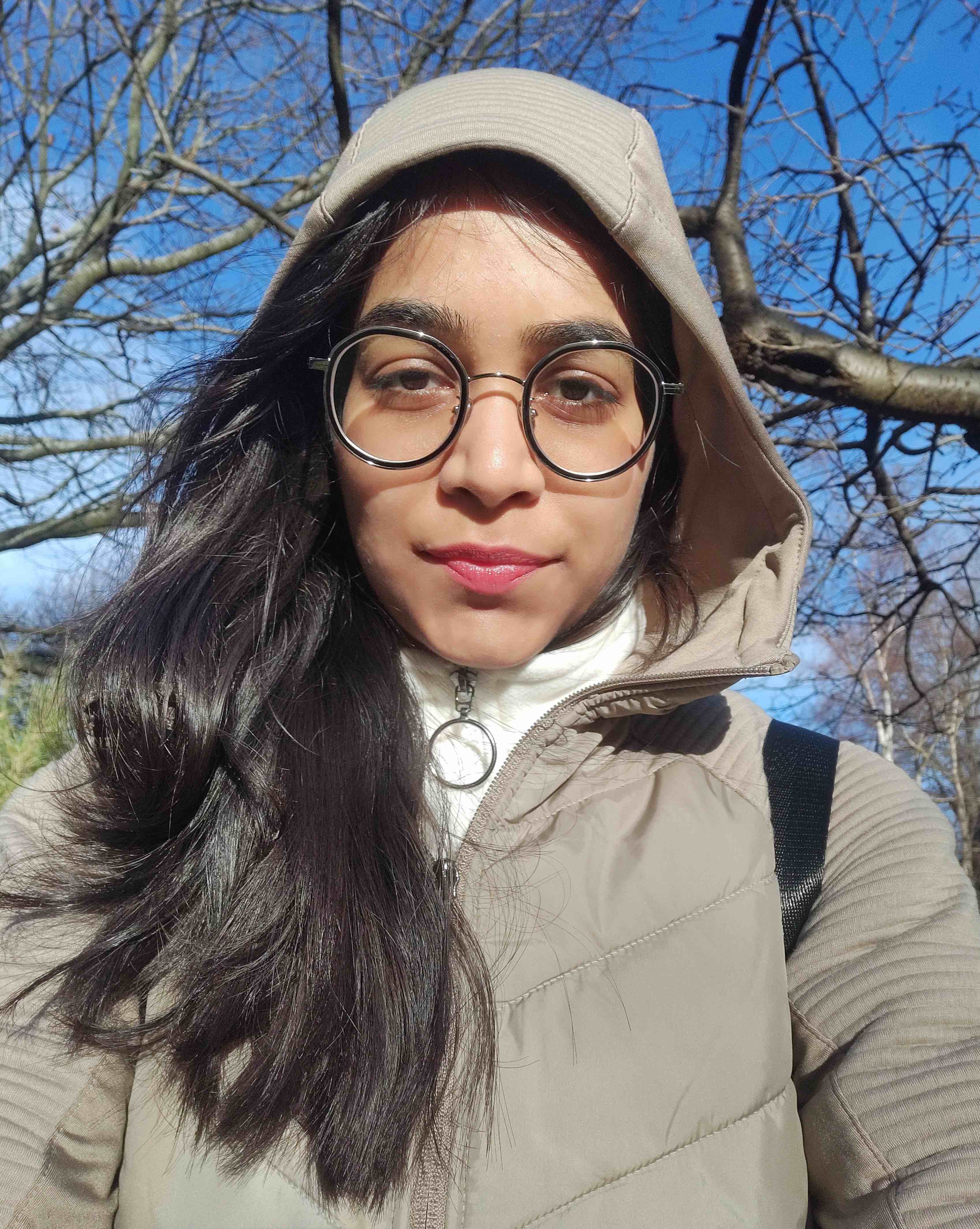
Alumni
- Dr. Sarah Paterson, PhD student
- Dr. Nicoll Zeballos Lema, Postdoctoral researcher
- Aran Purdy, MSc student
- Shivangi Pandey, visiting MSc student
- Dr. Ella Thornton, Postdoctoral researcher
- Dr. Surendra Yadav, PhD student
- Dr. Alex Perkins, PhD student
- Dr. Sahan Liyanagedera, Postdoctoral researcher
- Sanika Pradhan, MSc student
- Dr. Sandy Nelson, PhD student
- Dr. Michael Stam, PhD student
- Paula Juve, Hons student
- Ryan Lee, visiting PhD student (U. Toronto)
- Junming Li, MSc student
- Matthew Hardcastle, Hons student
- Dev Vaidya, Hons student
- Paula Paredes Vergara, Summer student (University of Glasgow)
- Tim Bosse, Hons student
- Yan Ting Hee, Hons student
- Dominik Kopčak, Undergraduate student
- Katie Bexley, Integrative Cell Mechanisms rotation student
- Meijie Liu, MSc student
- Bastien Mollet, VRes exchange student (ENS Lyon)
- Sasirasa Pratumsuwan, Hons student
- Yehezkiel Victorio, MSc student
- Ying Yang, MSc and IGEM student
- Yutong Ke, MSc student
- Maria Fernandez, Hons student
- Baird McIlwraith, Hons student
